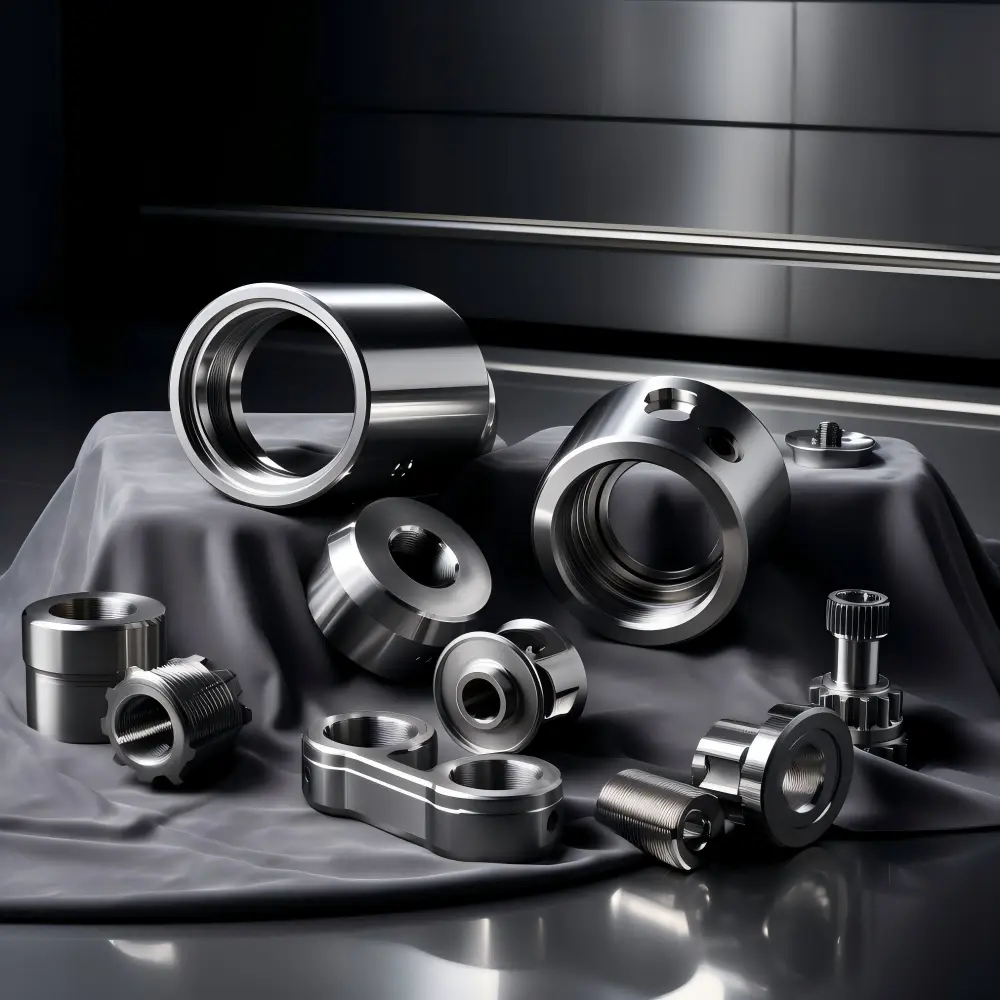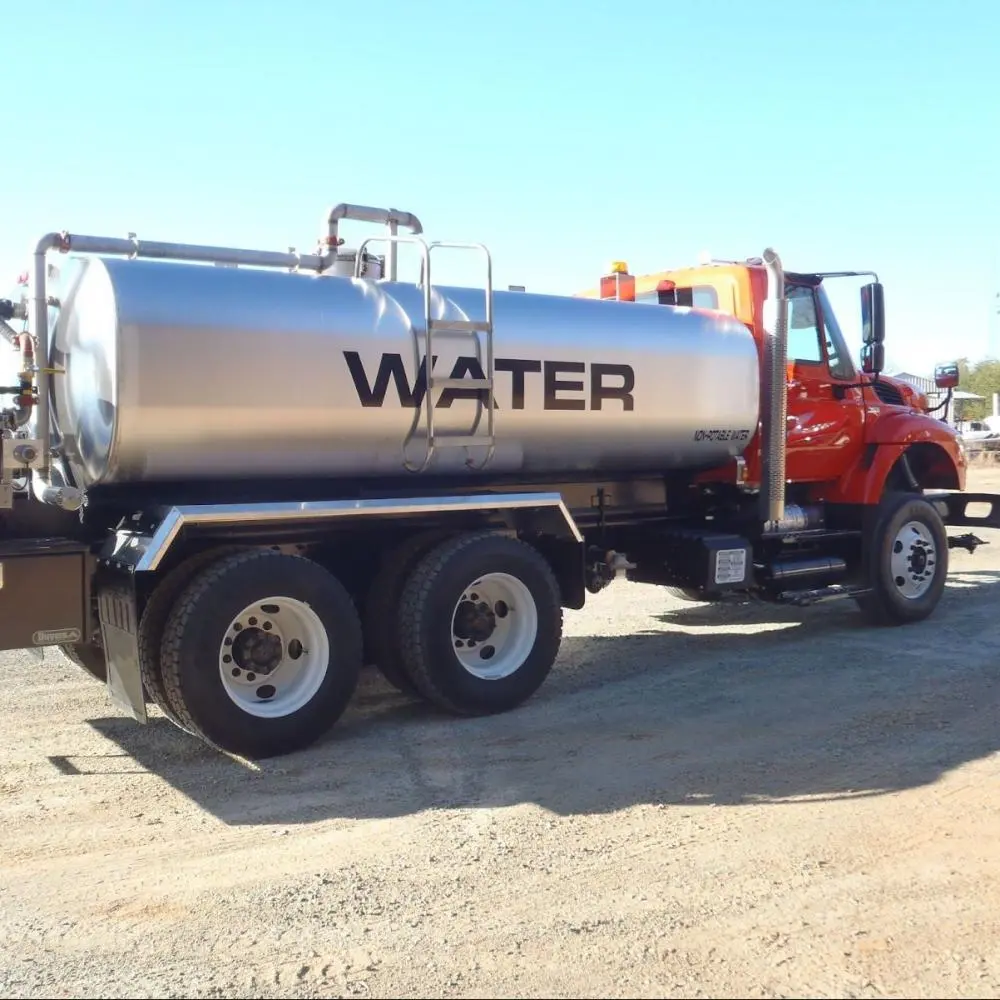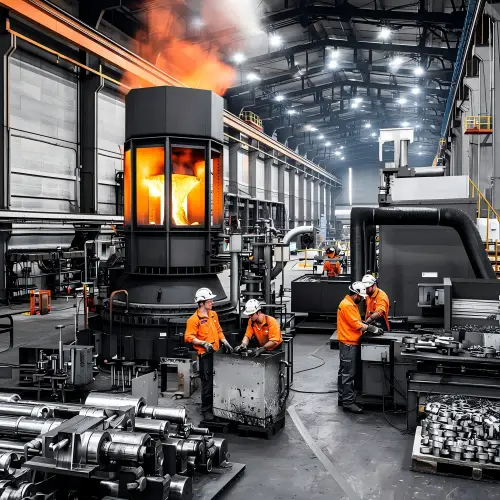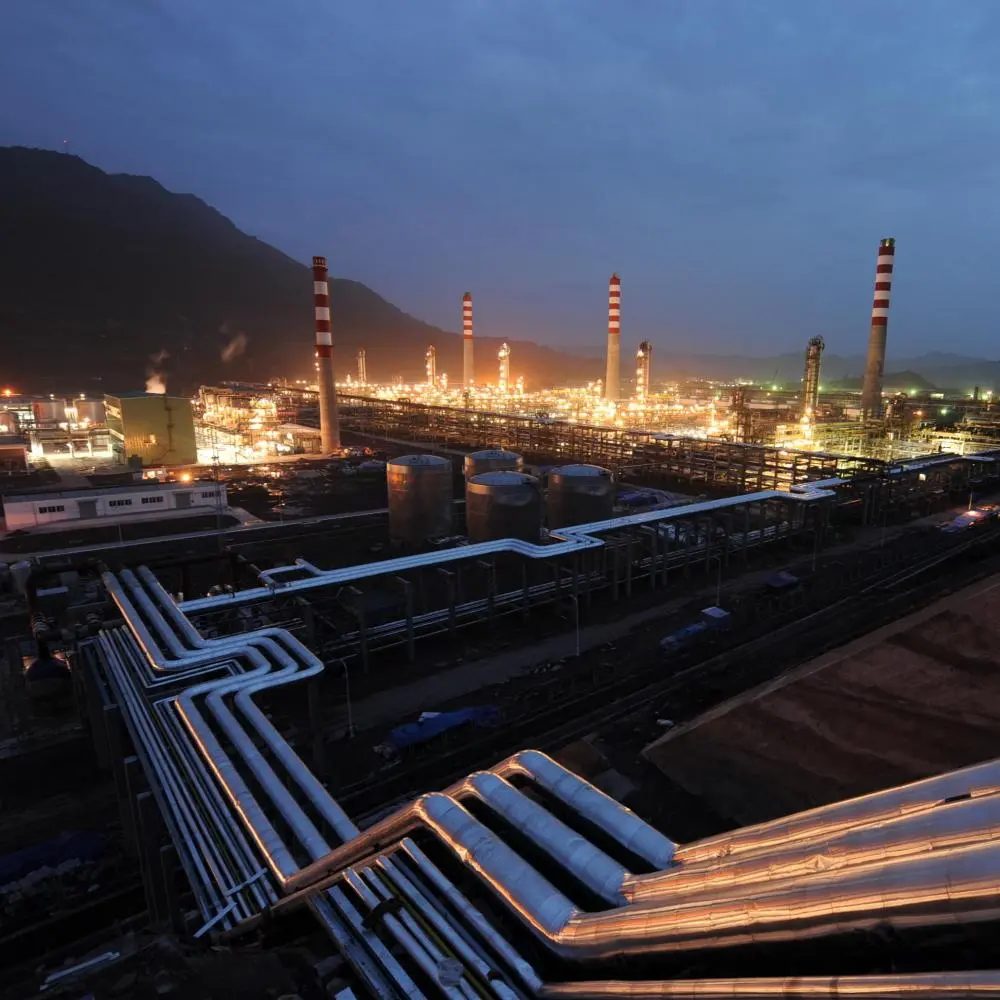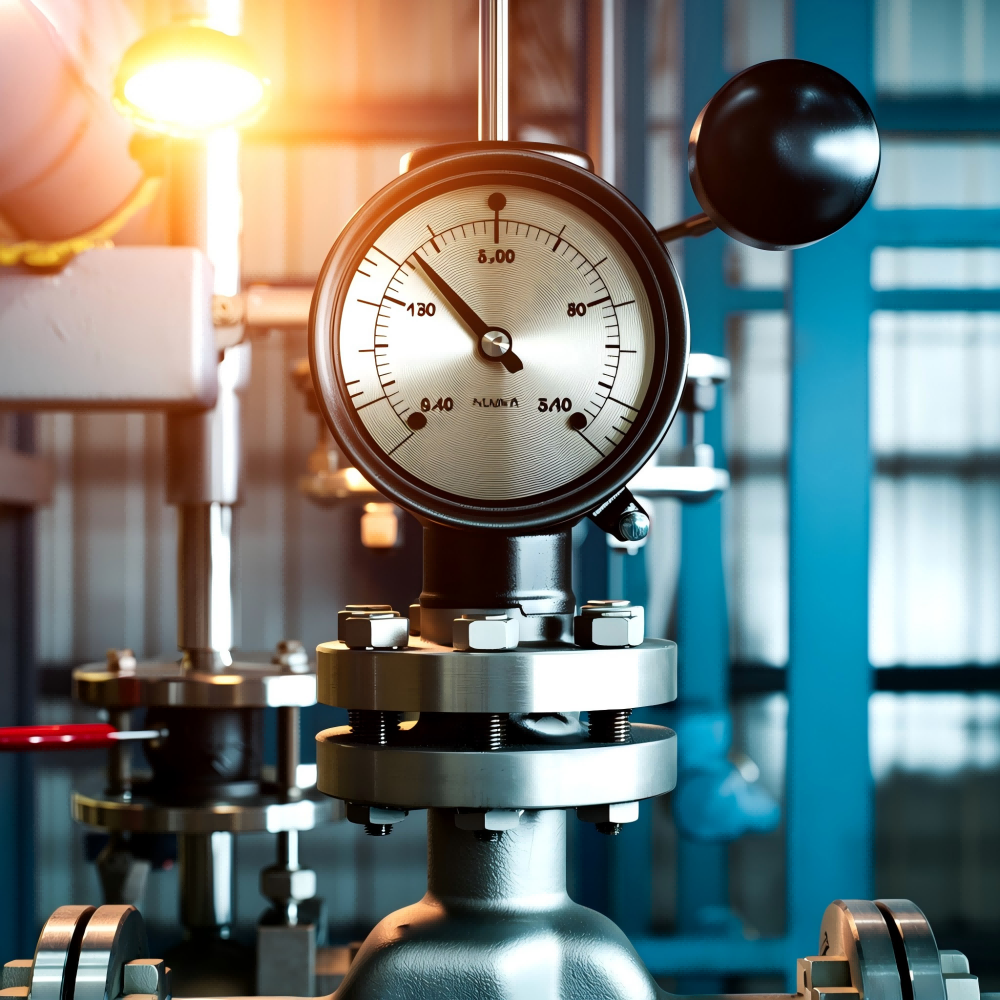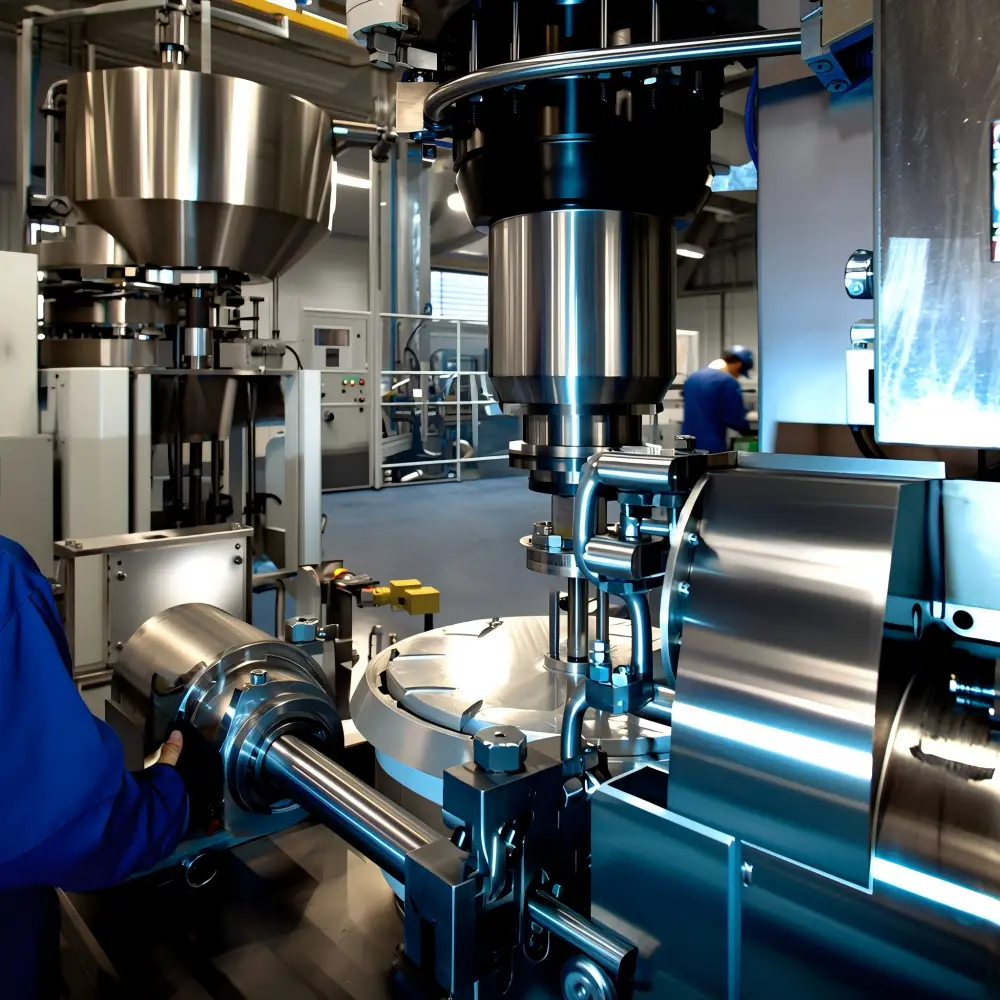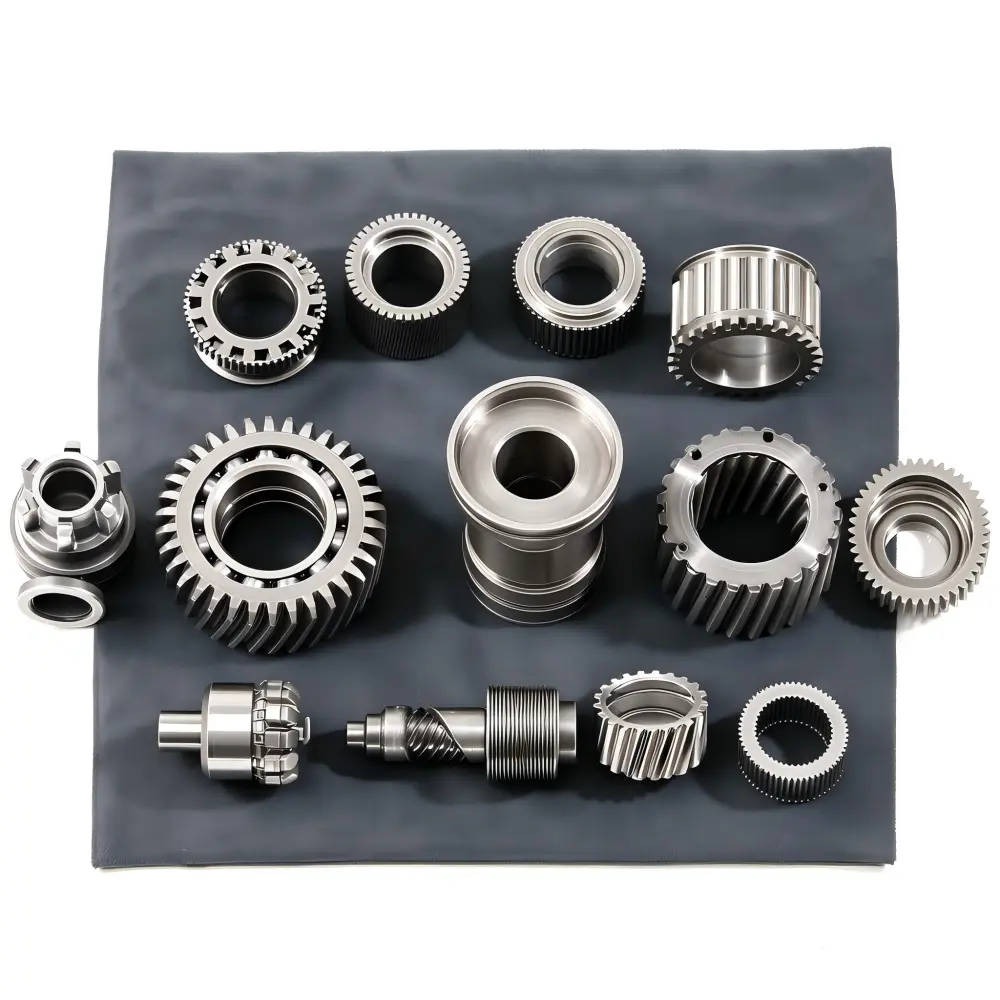How Stainless Steel Castings Boost Pump Efficiency
Stainless steel castingssignificantly enhance pump efficiency by offering durability, corrosion resistance, and precision manufacturing. These castings ensure pumps operate with higher hydraulic efficiency, saving electricity by 10%-20% compared to cast iron alternatives. Their corrosion-resistant nature makes them ideal for harsh environments, reducing wear and tear. Stainless steel impellers, for instance, drastically increase lifespan when dealing with sand, silt, and grit. The precision in manufacturing allows for improved component fit, boosting overall pump performance. Despite a higher initial cost, the long-term benefits of stainless Steel Castings in pumps outweigh the expenses, ensuring reliability and efficiency.
Benefits of Stainless Steel Castings
Stainless steel castings offer numerous advantages that significantly enhance the efficiency and reliability of pumps. These benefits stem from their inherent properties, which make them ideal for various applications.
Longevity and Durability
Stainless steel castings are renowned for their exceptional longevity and durability.
Resistance to Wear and Tear
Stainless steel castings exhibit remarkable resistance to wear and tear. This resistance ensures that pump components maintain their integrity over time, even under demanding conditions. The robust nature of stainless steel allows it to withstand the mechanical stresses encountered during pump operation. As a result, pumps equipped with stainless steel components experience fewer breakdowns and require less frequent maintenance.
Extended Lifespan of Pump Components
The extended lifespan of pump components is another significant advantage of using stainless steel castings. By resisting wear and tear, these castings prolong the operational life of pumps. This longevity translates into reduced downtime and lower replacement costs, making stainless steel an economically sound choice for pump manufacturers and operators.
Corrosion Resistance
Stainless steel castings excel in environments where corrosion poses a significant threat.
Performance in Harsh Environments
Stainless steel's high corrosion resistance makes it suitable for use in harsh environments. Whether exposed to saltwater, chemicals, or extreme temperatures, stainless steel castings maintain their structural integrity. This resilience ensures that pumps continue to perform optimally, regardless of the environmental conditions they face.
Reduced Risk of Contamination
The corrosion-resistant nature of stainless steel also reduces the risk of contamination. In applications where pumps handle potable water or sensitive fluids, stainless steel castings prevent the leaching of harmful substances. This property is crucial for maintaining the purity and safety of the pumped media.
Precision in Manufacturing
Precision in manufacturing is a hallmark of stainless steel castings, contributing to their superior performance.
Improved Component Fit and Function
Stainless steel castings allow for precise manufacturing, resulting in components that fit together seamlessly. This precision enhances the overall function of the pump, ensuring that each part operates as intended. The tight tolerances achieved with stainless steel castings minimize energy loss and improve the pump's hydraulic efficiency.
Enhanced Pump Performance
The enhanced performance of pumps equipped with stainless steel castings is evident in their consistent operation. The precision manufacturing process ensures that each component works harmoniously with others, leading to smoother and more efficient pump operation. This improvement in performance not only boosts efficiency but also extends the service life of the pump.
Application in Civil Water Pumps
Role in Enhancing Efficiency
Stainless steel castings play a crucial role in enhancing the efficiency of civil water pumps. Their unique properties contribute to optimized flow and pressure, ensuring that pumps operate at peak performance.
Optimized Flow and Pressure
Stainless steel castings enable pumps to achieve optimized flow and pressure. The precision manufacturing process ensures that each component fits perfectly, reducing energy loss and maximizing hydraulic efficiency. This optimization results in pumps that deliver consistent and reliable performance, even under varying conditions.
Consistent Performance Over Time
Pumps equipped with stainless steel castings maintain consistent performance over time. The durability and corrosion resistance of stainless steel prevent degradation, allowing pumps to function efficiently for extended periods. This consistency is vital for applications where uninterrupted operation is essential, such as in municipal water supply systems.
Reliability in Operation
Reliability is a key factor in the operation of civil water pumps, and stainless steel castings significantly enhance this aspect. They minimize downtime and ensure a continuous water supply, which is critical for both residential and industrial applications.
Minimizing Downtime
Stainless steel castings help minimize downtime by reducing the frequency of maintenance and repairs. Their resistance to wear and tear means that pump components remain in good condition for longer periods. This reliability translates into fewer interruptions in service, which is especially important in critical infrastructure.
Ensuring Continuous Water Supply
Ensuring a continuous water supply is a primary goal of civil water pumps. Stainless steel castings contribute to this goal by providing robust and dependable components. Their ability to withstand harsh environments and resist corrosion ensures that pumps can deliver water consistently, meeting the demands of communities and industries alike.
Comparison with Other Materials
Common Alternatives in Pump Manufacturing
In pump manufacturing, several materials compete for use, each offering distinct properties and benefits. Among the most common alternatives are cast iron and bronze.
Cast Iron
Cast iron remains a popular choice in pump manufacturing due to its affordability and ease of casting. It provides good wear resistance and is often used in general water supply and drainage systems. However, cast iron's susceptibility to corrosion limits its application in environments with corrosive media. While it performs well in conveying concentrated sulfuric acid, its corrosion resistance falters when handling weak acids, alkalis, or salt-containing media. Additionally, cast iron is magnetic, which can be a disadvantage in certain applications.
Bronze
Bronze, an alloy primarily composed of copper, offers excellent corrosion resistance, especially in marine environments. It is often used in applications where pumps encounter seawater or other corrosive fluids. Bronze also provides good wear resistance and machinability. However, its cost is generally higher than that of cast iron, making it less economical for large-scale applications. Furthermore, bronze lacks the strength and durability of stainless steel, which can limit its use in high-pressure or high-stress environments.
Advantages of Stainless Steel
Stainless steel stands out as a superior material for pump manufacturing due to its unique combination of properties.
Superior Strength and Durability
Stainless steel offers exceptional strength and durability, surpassing both cast iron and bronze. Its ability to withstand high temperatures—up to 2500℉ (1371°C)—makes it suitable for demanding applications. This strength ensures that pumps made from stainless steel can handle high pressures and mechanical stresses without compromising performance. The durability of stainless steel also translates into a longer lifespan for pump components, reducing the need for frequent replacements.
Better Corrosion Resistance
The corrosion resistance of stainless steel is one of its most significant advantages. Unlike cast iron, which struggles with weak acids and alkalis, stainless steel excels in resisting corrosion across a wide range of environments. This property makes it ideal for use in chemical industries and applications involving corrosive media. Stainless steel's ability to maintain its integrity in harsh conditions ensures that pumps operate reliably and efficiently, minimizing the risk of contamination and extending the service life of the equipment.
Cost Considerations
Initial Investment vs. Long-term Savings
Upfront Costs of Stainless Steel
Stainless steel components often require a higher initial investment compared to other materials like cast iron or bronze. This upfront cost stems from the superior quality and durability of stainless steel. Manufacturers must consider the initial expense when choosing materials for pump construction. However, the benefits of stainless steel justify this initial outlay.
Savings on Maintenance and Replacement
Over time, stainless steel proves to be a cost-effective choice. Its resistance to wear and corrosion reduces the frequency of maintenance and replacement. Pumps with stainless steel components experience fewer breakdowns, leading to lower repair costs. The extended lifespan of these components also means less frequent replacements, resulting in significant savings over the pump's operational life.
Value for Money
Cost-effectiveness Over Time
Stainless steel offers excellent value for money due to its long-term benefits. The material's durability and resistance to harsh conditions ensure that pumps operate efficiently for extended periods. This longevity translates into reduced operational costs, making stainless steel a wise investment for pump manufacturers and operators. The cost-effectiveness of stainless steel becomes evident as the savings on maintenance and replacement accumulate over time.
Return on Investment
Investing in stainless steel components yields a high return on investment. The initial costs are offset by the reduced need for repairs and replacements. Industries benefit from the reliability and efficiency of pumps equipped with stainless steel castings. The long-term savings and improved performance make stainless steel an economically sound choice, ensuring that the investment pays off in the form of enhanced pump efficiency and reliability.
Stainless steel castings offer numerous benefits for civil water pumps. They enhance pump efficiency and reliability through their durability, corrosion resistance, and precision manufacturing. These castings ensure pumps operate smoothly, reducing energy consumption and maintenance needs. Investing in stainless steel components proves cost-effective over time. Their long service life and minimal need for repairs lead to significant savings. Additionally, stainless steel's recyclability adds an environmental advantage. Overall, stainless steel castings provide a valuable solution for improving pump performance and ensuring sustainable operations.
See Also
Precision Castings in Tin Bronze for Oil Pump Applications
Oil Pump Components Made with Tin Bronze Precision Castings
Future Trends in Advanced Precision Casting Technologies
Exploring the Advantages of Precision Casting Techniques
A Comprehensive Guide to Precision Casting Processes and Benefits






